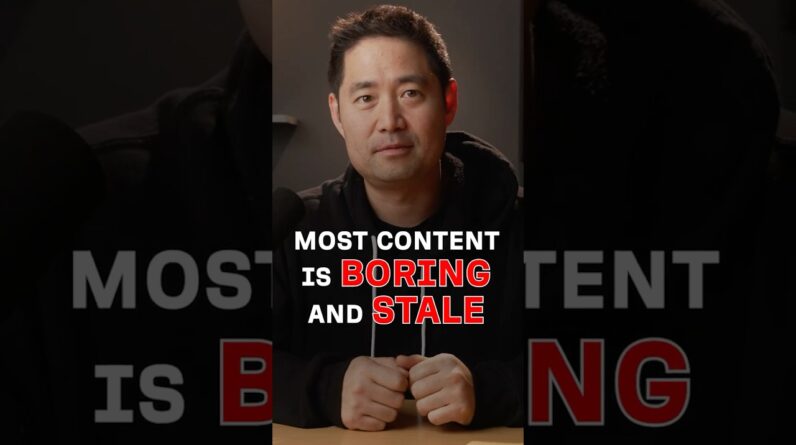
Are we doing keyword research wrong? Join us as we delve into the essential strategies for effective #keywordresearch to boost your SEO game. Let’s explore the best practices together! #keywordresearchforseo #keywords
Are You Doing Keyword Research Wrong?
Introduction
Keywords are the cornerstone of SEO. They are the bridge that connects your content to your target audience. But many businesses fail to harness the true power of keywords. It’s not just about sprinkling a few terms here and there; it’s about a strategic approach to drive organic traffic to your website. So, are you doing keyword research wrong?
As seasoned digital marketers, we’ve seen our fair share of keyword blunders. Let’s dive into the nitty-gritty of keyword research and uncover the common mistakes that could be hindering your chances of ranking high on search engine results pages (SERPs).
Common Mistakes in Keyword Research
-
Overlooking Long-Tail Keywords:
- Long-tail keywords may have lower search volumes, but they are incredibly valuable in capturing highly targeted traffic.
-
Ignoring User Intent:
- Focusing solely on high-volume keywords without considering user intent can lead to high bounce rates and low conversions.
-
Keyword Stuffing:
- Stuffing your content with keywords can lead to penalties from search engines and a poor user experience.
-
Not Utilizing Synonyms and LSI Keywords:
- Diversifying your keyword strategy with synonyms and Latent Semantic Indexing (LSI) keywords can broaden your reach.
How to Improve Your Keyword Research Strategy
To ensure your keyword research aligns with what your target audience searches for, follow these actionable tips:
- Use tools like Google Keyword Planner and SEMrush to discover relevant keywords.
- Analyze your competitors’ keywords and identify gaps in your strategy.
- Consider user-generated content and feedback to uncover valuable long-tail keywords.
- Optimize your website content with a mix of high-volume keywords, long-tail keywords, and LSI keywords.
FAQs (Frequently Asked Questions)
-
How can I know if I’m using the right keywords for my business?
- Conduct thorough keyword research to understand what terms your target audience is searching for.
-
Should I only focus on high-volume keywords?
- While high-volume keywords are valuable, incorporating long-tail keywords can drive more qualified traffic to your site.
-
What role do user intent and search algorithms play in keyword research?
- Understanding user intent helps you create content that resonates with your audience, leading to better rankings on search engine results pages.
-
Why are long-tail keywords important?
- Long-tail keywords are specific phrases that attract users looking for precise answers, products, or services, increasing the likelihood of conversion.
-
How often should I update my keyword strategy?
- Regularly review and update your keyword strategy to stay relevant and competitive in the ever-evolving digital landscape.
In conclusion, mastering keyword research is crucial for improving your website’s visibility and attracting quality organic traffic. By avoiding common mistakes, utilizing the right tools, and adapting to user search trends, you can elevate your SEO game and outrank the competition in local search results.
Conclusion
Don’t let your keyword research hold you back! By optimizing your strategy, focusing on user intent, and staying updated with search trends, you can propel your website to new heights in search engine rankings.
FAQs:
- How do I determine the right keywords for my business?
- Is it better to focus on long-tail keywords or high-volume keywords?
- Why is user intent crucial in keyword research?
- What advantages do long-tail keywords offer?
- How often should I revisit and adjust my keyword strategy?





